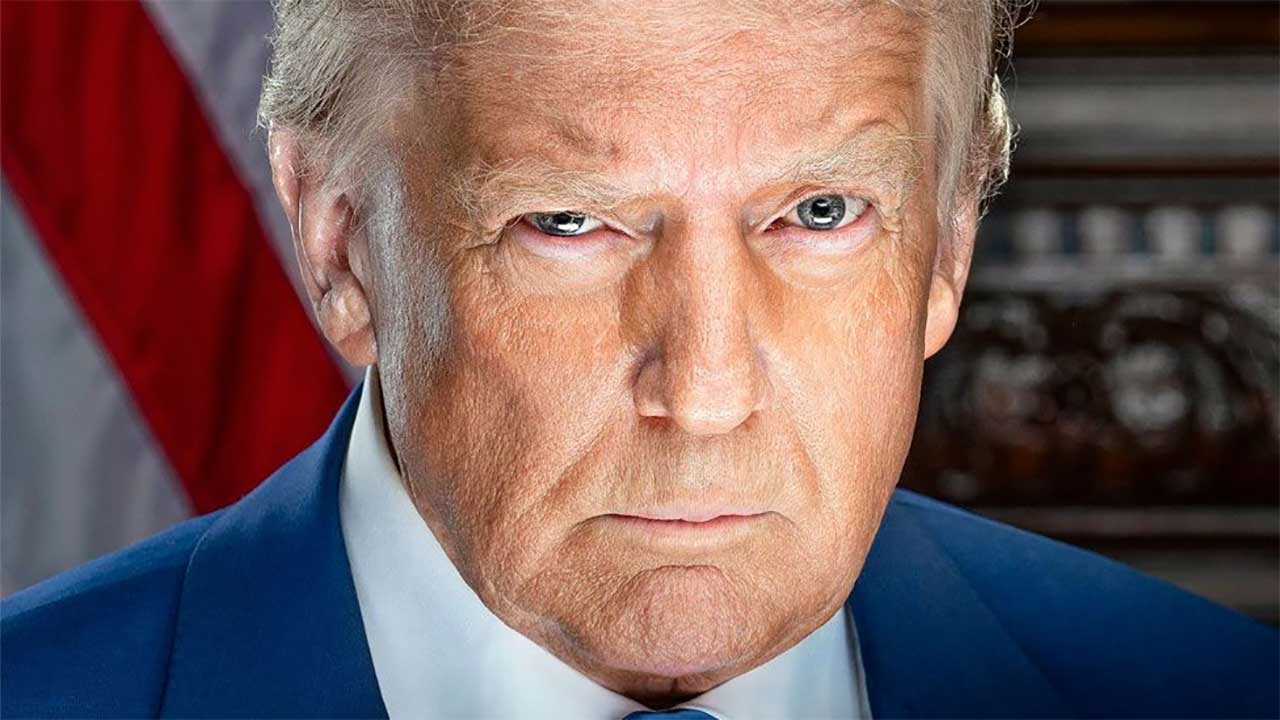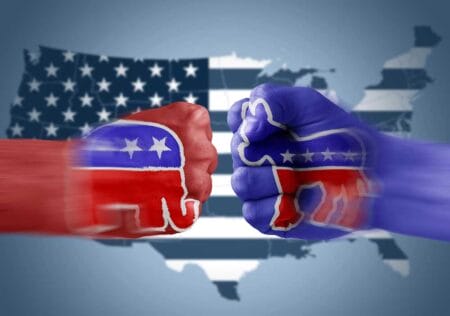Opinion

President Donald Trump likes to fire people, and he resents congressional constraints on that presidential prerogative.
While Trump’s opponents may view that attitude as one more manifestation of his autocratic instincts, his complaint is grounded in legitimate concerns about the separation of powers that presidents of both parties have raised for many years.
A century ago, the Supreme Court held that Congress overstepped its constitutional authority when it decreed that presidents could remove “postmasters of the first, second, and third classes” only “with the advice and consent of the Senate.” Based on extensive historical analysis, the majority concluded that Article II of the Constitution;
“grants to the President” the “general administrative control of those executing the laws, including the power of appointment and removal of executive officers.”
In that case, it was a Democratic president, Woodrow Wilson, who was asserting that power by dismissing a postmaster in Portland, Oregon. Nine years later, the court addressed a similar controversy involving another Democrat, Franklin Roosevelt, who had fired a member of the Federal Trade Commission appointed by his Republican predecessor.
The commissioner’s restrained view of the FTC’s mission was inconsistent with Roosevelt’s policy agenda, which was the reason the president gave for dismissing him. This time, the Supreme Court sided with Congress, which had said an FTC commissioner “may be removed by the President for inefficiency, neglect of duty, or malfeasance in office.”
Reading that language as a limit on the president’s power, the court nevertheless upheld it, reasoning that FTC commissioners, unlike postmasters, were not “purely executive officers.” Rather, the FTC was a “nonpartisan” panel of “experts” with “predominantly quasi-judicial and quasi-legislative” functions that was meant to be “independent of executive authority.”
The Supreme Court implicitly recognized the difficulties with that approach in 1988 and 2010, and in 2020 it ruled that Congress had violated the separation of powers by putting the Consumer Financial Protection Bureau under the command of a single director whom the president could remove only for “inefficiency, neglect of duty, or malfeasance in office.” Although the majority distinguished that arrangement from the one upheld in 1935, which involved a “multimember” commission that supposedly did not “wield substantial executive power,” its logic cast doubt on the viability of that precedent.
The CFPB decision reaffirmed that “the entire ‘executive Power’ belongs to the President alone,” which means he must have “power to remove — and thus supervise — those who wield executive power on his behalf.”
The majority also conceded that “the Court’s conclusion that the FTC did not exercise executive power has not withstood the test of time.”
The following year, the court ruled that the principle it had defended in the CFPB case also condemned the structure of the Federal Housing Finance Agency, which like the CFPB was run by a single director, whom the president could remove only “for cause.” By the same logic, the Trump administration argues, the president should have unlimited power to fire the head of the Office of Special Counsel, an investigative and prosecutorial agency charged with protecting federal employees from prohibited personnel practices.
At this stage of that case, the president’s lawyers are not questioning the constitutionality of independent agencies like the FTC. But the Supreme Court may ultimately revisit that issue in this case or another involving Trump’s assertion of executive power.
The CFPB decision “repudiated almost every aspect” of the court’s ruling in the case that Roosevelt lost, Justice Clarence Thomas wrote in a partial concurrence joined by Justice Neil Gorsuch. They think the court should explicitly overturn that 1935 precedent, which they say blessed “unaccountable independent agencies” that “exercise vast executive power outside the bounds of our constitutional structure.”
They have a point. Under the Constitution, the federal government consists of three distinct branches: legislative, executive, and judicial. In recognizing an amalgam that is independent of presidential control, the justices effectively authorized a fourth branch of government that the framers never imagined.
Another Democrat Gun Grabber Calls for Political Violence, This Time with ‘Actual Weapons’
Trump DHS Warning to Illegal Aliens to Self-Deport & Stay Out ~ VIDEO
About Jacob Sullum
Jacob Sullum is a senior editor at Reason magazine. Follow him on Twitter: @JacobSullum. During two decades in journalism, he has relentlessly skewered authoritarians of the left and the right, making the case for shrinking the realm of politics and expanding the realm of individual choice. Jacobs’ work appears here at AmmoLand News through a license with Creators Syndicate.







And this is another good reason to vote. When the pendulum swings, and the next Marxist puppet is installed, you can bet that they will offer to hire all of these sloths back, with back pay of course. Provide funding for USAID, etc. And they’ll do it at Trump speed!
How can one be “Commander In Chief” if he can’t fire government employees?
Again, employees… I’m not suggesting firing congressmen, as those are elected, or judges which congress much approve of. And both congress and judges are two branches of a supposedly three co-equal branch government. Just government employees… And the “Commander In Chief” can’t fire these people for any and all reasons or no reason at all?
Ok, I have a question that does not fit under any of the articles or chat strings thus far, today. A shotgun shell with a dimpled primer is ready to go off at any moment or will never go off because it is defective? Note: the shotgun shell in question is 10 years old as best we can tell.
The fact is we the people should be able to fire any and all government elected officials. Please the democratic party is the party of angry hate driven inflated ego maniacs that for the past 50 years have plotted to destroy our country. Today we need civilian over site to hold those elected accountable for their actions.
This group of Americans citizens in todays world is so very much needed to protect our country from all that we have learned in just 4 weeks
This is why our founding fathers formed the 3 Branches of Government.
1. Legislative Branch2. Executive Branch3. Judicial Branch
slowly getting back to our republic